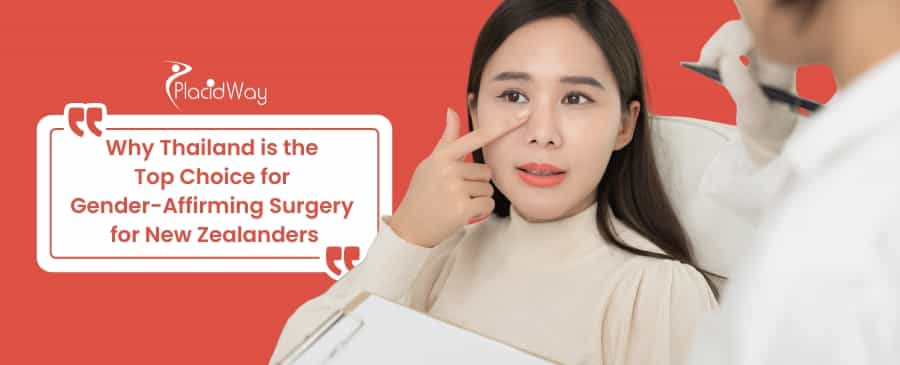
For many New Zealanders, the journey to align their physical body with their true gender identity can be a long and challenging one, often marked by extensive waiting lists and high costs within the domestic healthcare system. Thailand has emerged as a world-renowned destination for gender-affirming surgery (GAS), offering a unique combination of surgical excellence, affordability, and a deeply ingrained culture of care. This guide explores why so many Kiwis are choosing Thailand for this life-changing step.
Key Takeaways
- New Zealanders can save 40% to 70% on gender-affirming procedures by choosing Thailand over private options back home, bypassing the long public system wait times.
-
Thailand is home to some of the world's most experienced transgender surgery specialists, many of whom are pioneers in the field and follow WPATH (World Professional Association for Transgender Health) standards of care.
-
Medical packages in Thailand are often all-inclusive, covering the surgery, hospital stay, surgeon's fees, post-operative care, and accommodation, providing a seamless and stress-free experience.
Average Procedure Costs (USD):
-
Vaginoplasty (MTF): Thailand: $7,000 - $15,000 | New Zealand (Private): $20,000 - $40,000+
-
Phalloplasty (FTM): Thailand: $15,000 - $30,000 | New Zealand (Private): Limited availability, costs can exceed $60,000
-
Top Surgery (Mastectomy, FTM): Thailand: $3,500 - $7,000 | New Zealand (Private): $10,000 - $18,000
-
Breast Augmentation (MTF): Thailand: $3,000 - $5,500 | New Zealand (Private): $8,000 - $15,000
Why Thailand is a Global Leader in Gender-Affirming Surgery
Thailand's reputation is built on decades of specialized experience, state-of-the-art medical facilities, and a culturally sensitive approach to patient care. This combination makes it a beacon for transgender individuals worldwide, especially from countries like New Zealand.
Thailand's journey into becoming a hub for gender confirmation surgery began in the 1970s. Since then, its surgeons have not only honed their skills but have also innovated techniques that are now used globally. Hospitals in Bangkok and Phuket are often JCI-accredited, which is the gold standard for healthcare quality and patient safety.
Beyond the technical expertise, Thai culture is known for its gentle and welcoming nature. This translates into a compassionate care environment where international patients feel respected and understood. The entire medical tourism infrastructure is designed to be seamless, with English-speaking staff, airport transfers, and dedicated patient coordinators.
Did You Know?
Thailand performed its first modern sex reassignment surgery in 1975. This long history has allowed surgeons to develop deep expertise and refined techniques, particularly in complex procedures like vaginoplasty and phalloplasty.
Popular Gender-Affirming Surgeries for New Zealanders in Thailand
Thailand offers a full spectrum of surgical procedures for both trans women and trans men. The most sought-after surgeries are those with the longest waiting lists or highest costs in New Zealand, such as genital reconstruction and facial feminization.
Clinics in Thailand provide comprehensive care pathways, from initial consultations to final post-operative checks. Surgeons here are skilled in a wide range of procedures designed to affirm gender identity.
For Trans Women (MTF)
-
Vaginoplasty: This is one of the most common procedures. Thai surgeons are famous for techniques like the Penile Inversion Vaginoplasty and the Sigmoid Colon Vaginoplasty, which prioritize both aesthetic appearance and sexual function.
-
Facial Feminization Surgery (FFS): A set of procedures to soften masculine facial features. This can include forehead contouring, rhinoplasty, jaw reduction, and a tracheal shave.
-
Breast Augmentation: Using implants to create a natural-looking and proportionate female chest.
-
Voice Feminization Surgery: A procedure to raise the pitch of the voice.
For Trans Men (FTM)
-
Top Surgery (Subcutaneous Mastectomy): Creating a masculine chest by removing breast tissue. Popular techniques include the Double Incision and Periareolar methods, chosen based on chest size.
-
Phalloplasty & Metoidioplasty: Genital reconstruction surgeries to create a penis. Phalloplasty is a more complex, multi-stage procedure that uses grafts from other body parts, while metoidioplasty works with the existing clitoral tissue, which has enlarged through hormone therapy.
-
Hysterectomy/Oophorectomy: Removal of the uterus and ovaries.
Understanding the Costs: Thailand vs. New Zealand
The primary driver for many New Zealanders is cost. The financial savings in Thailand are substantial, even after factoring in flights and accommodation, without compromising the quality of medical care.
The public healthcare system in New Zealand, while excellent, faces immense demand, leading to wait times for gender-affirming surgery that can span several years. For many, this delay significantly impacts their mental health and well-being. Turning to private care in New Zealand is an option, but the costs can be prohibitive.
Thailand offers a high-quality, affordable alternative. The lower cost of living, competitive medical market, and government support for medical tourism allow Thai hospitals to offer world-class procedures at a fraction of the price.
Here is a comparative breakdown of estimated costs:
| Procedure | Average Cost in Thailand (USD) | Average Private Cost in NZ (USD) | Estimated Savings |
| Vaginoplasty | $7,000 - $15,000 | $20,000 - $40,000+ | 50% - 70% |
| Phalloplasty (Multi-stage) | $15,000 - $30,000 | $60,000+ | 50% - 60% |
| Top Surgery (FTM) | $3,500 - $7,000 | $10,000 - $18,000 | 40% - 65% |
| Facial Feminization (FFS) | $10,000 - $20,000 | $25,000 - $50,000+ | 50% - 60% |
| Breast Augmentation (MTF) | $3,000 - $5,500 | $8,000 - $15,000 | 45% - 65% |
Note: These are estimates. Costs can vary based on the surgeon's experience, hospital choice, complexity of the procedure, and length of stay.
Choosing the Right Surgeon and Clinic in Thailand
Your choice of surgeon and clinic is the most critical decision in your medical journey. It's essential to prioritize credentials, experience specifically in transgender surgery, and patient reviews.
While Thailand has many excellent surgeons, not all specialize in gender confirmation surgery. It's crucial to research thoroughly. Look for surgeons who are board-certified, have extensive experience with international patients, and ideally are members of WPATH.
Key things to look for:
-
Specialization: Ensure the surgeon's primary focus is transgender surgery, not just general plastic surgery.
-
Before-and-After Photos: Reputable surgeons will have extensive portfolios of their work.
-
Patient Testimonials: Look for reviews from other patients, especially from New Zealand or other Western countries.
-
Communication: The surgeon and their team should be able to communicate clearly in English and be responsive to your questions.
-
Hospital Accreditation: Choose clinics that are JCI-accredited or hold equivalent international certifications.
Expert Insight
"A successful outcome is not just about surgical skill; it's about understanding the patient's goals. We conduct multiple virtual consultations before a patient even books their flight. This ensures we are aligned on expectations and that the patient feels completely comfortable and informed." - (An insight from a leading Thai surgeon).

The Journey from New Zealand to Thailand: A Step-by-Step Guide
Planning your medical trip may seem daunting, but medical tourism facilitators like PlacidWay simplify the process into manageable steps, ensuring a smooth journey from start to finish.
-
Initial Research & Consultation: The first step begins at home. Research procedures, surgeons, and clinics. Reach out for virtual consultations to discuss your goals and get a personalized quote.
-
Medical & Psychological Evaluation: Reputable surgeons in Thailand require a letter of readiness from a qualified mental health professional, confirming a diagnosis of gender dysphoria and your capacity to consent to surgery, in line with WPATH guidelines.
-
Booking & Logistics: Once you choose a clinic, you'll work with a coordinator to schedule your surgery date. This is when you'll book flights from New Zealand (e.g., Auckland, Wellington) to Bangkok (BKK) or Phuket (HKT). Most medical packages include airport pickup.
-
Pre-Operative Appointment: You'll typically be required to arrive in Thailand a few days before your surgery for in-person consultations, medical tests, and to sign consent forms.
-
Surgery and Hospital Stay: Your surgery will be performed, followed by a hospital stay of several days for initial monitoring and recovery.
-
Post-Operative Recovery: After being discharged, you will need to stay in Thailand for a few weeks for follow-up appointments, drain removal, and to ensure you are healing properly before being cleared to fly home.
Recovery and Aftercare in Paradise
Thailand offers a unique advantage for recovery: it's a beautiful, affordable, and relaxing country. Patients can recover in comfortable, serviced apartments or hotels, enjoying the warm climate and healthy food.
The recovery period is a crucial part of the process. In Thailand, you are not rushed out of the hospital. The post-operative care is meticulous. Your surgical team will provide detailed instructions on wound care, medication, and physical limitations.
Many patients find recovering in a calm, holiday-like environment to be highly beneficial for their mental and physical healing. The lower cost of living means you can afford to stay for the required 3-6 week recovery period without financial strain. You can access services like food delivery, in-room massages, and private nursing care at very reasonable prices.
Legal and Travel Considerations for Kiwis
Traveling from New Zealand to Thailand for surgery is straightforward. New Zealand passport holders can typically enter Thailand for up to 30 days without a visa, which is usually sufficient for most surgical journeys.
Important documents to prepare:
-
Valid Passport: Must have at least six months of validity.
-
Letter from your Surgeon: A letter confirming your medical treatment can be helpful for immigration purposes.
-
Medical Records: Bring relevant medical history and the required letter of readiness from your psychologist.
-
Travel Insurance: Ensure your insurance covers medical emergencies abroad. Note that most standard policies will not cover the planned surgery itself but will cover unforeseen complications or unrelated medical issues.
It's also wise to inform your bank of your travel plans to avoid any issues with accessing funds.
Frequently Asked Questions (FAQ)
What are the requirements for getting gender-affirming surgery in Thailand?
You generally need to be at least 18 years old (20 in some clinics), have a letter from a mental health professional diagnosing gender dysphoria, and have been on hormone replacement therapy (HRT) for at least one year for genital surgeries.
How long do I need to stay in Thailand for my surgery?
This depends on the procedure. For top surgery, expect to stay for 2-3 weeks. For more complex procedures like vaginoplasty or phalloplasty, a stay of 4-6 weeks is typically required for safe recovery and follow-up appointments.
Is it safe to undergo surgery in Thailand?
Yes, provided you choose a JCI-accredited hospital and a highly experienced, board-certified surgeon. Thailand's top medical facilities adhere to the highest international standards of safety and hygiene.
Can I travel alone, or should I bring a companion?
While it's possible to travel alone as medical teams provide excellent care, having a companion for emotional and practical support is highly recommended, especially during the first week of recovery after a major procedure.
How do I handle the language barrier?
Major international hospitals in Bangkok and Phuket have dedicated English-speaking staff, translators, and international patient departments. Communication is generally not an issue in the medical setting.
Why are waiting lists so long in New Zealand?
The New Zealand public system has a limited number of surgeons qualified to perform these complex procedures and high demand for the service, creating a significant backlog that can lead to waits of several years or even decades.
How do I start the process of planning my surgery in Thailand?
The best first step is to contact a medical tourism facilitator like PlacidWay. They can connect you with vetted surgeons, gather quotes, and help you coordinate your entire journey, making the process much less overwhelming.
Start Your Journey with PlacidWay
Ready to take the next step towards becoming your true self? The path to gender affirmation shouldn't be delayed by long waits or overwhelming costs.
At PlacidWay, we connect you with Thailand's leading gender-affirming surgeons and clinics. We help you navigate the entire process, from free, no-obligation consultations and detailed quotes to travel arrangements and recovery support. Let us help you make your journey safe, affordable, and empowering.

.jpg)

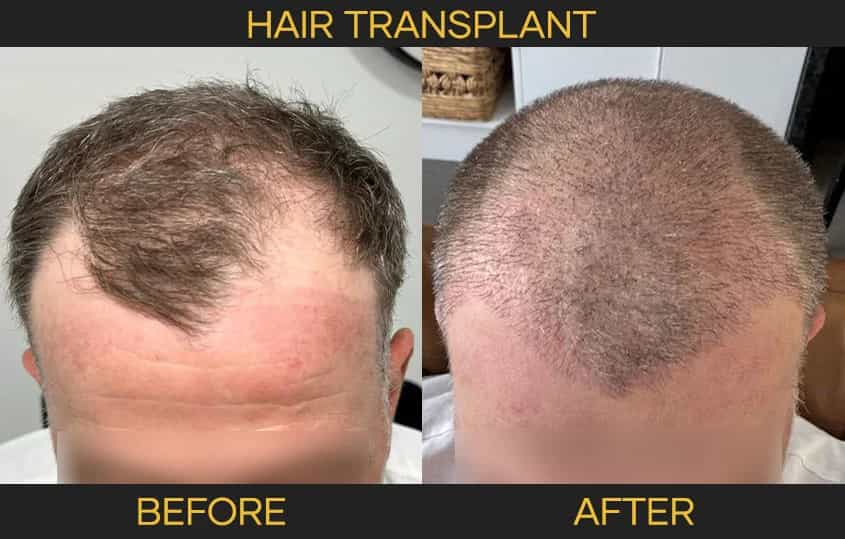
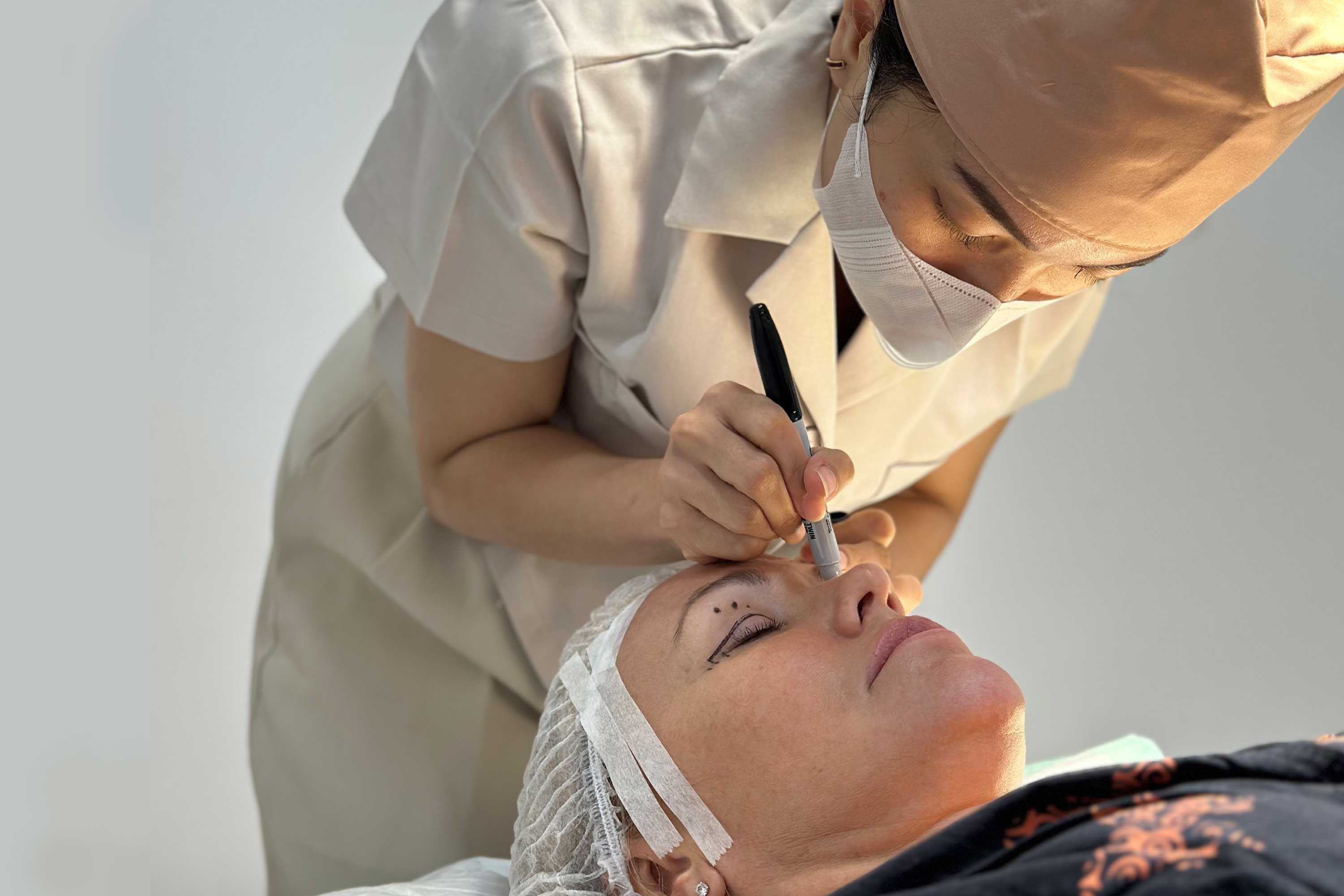

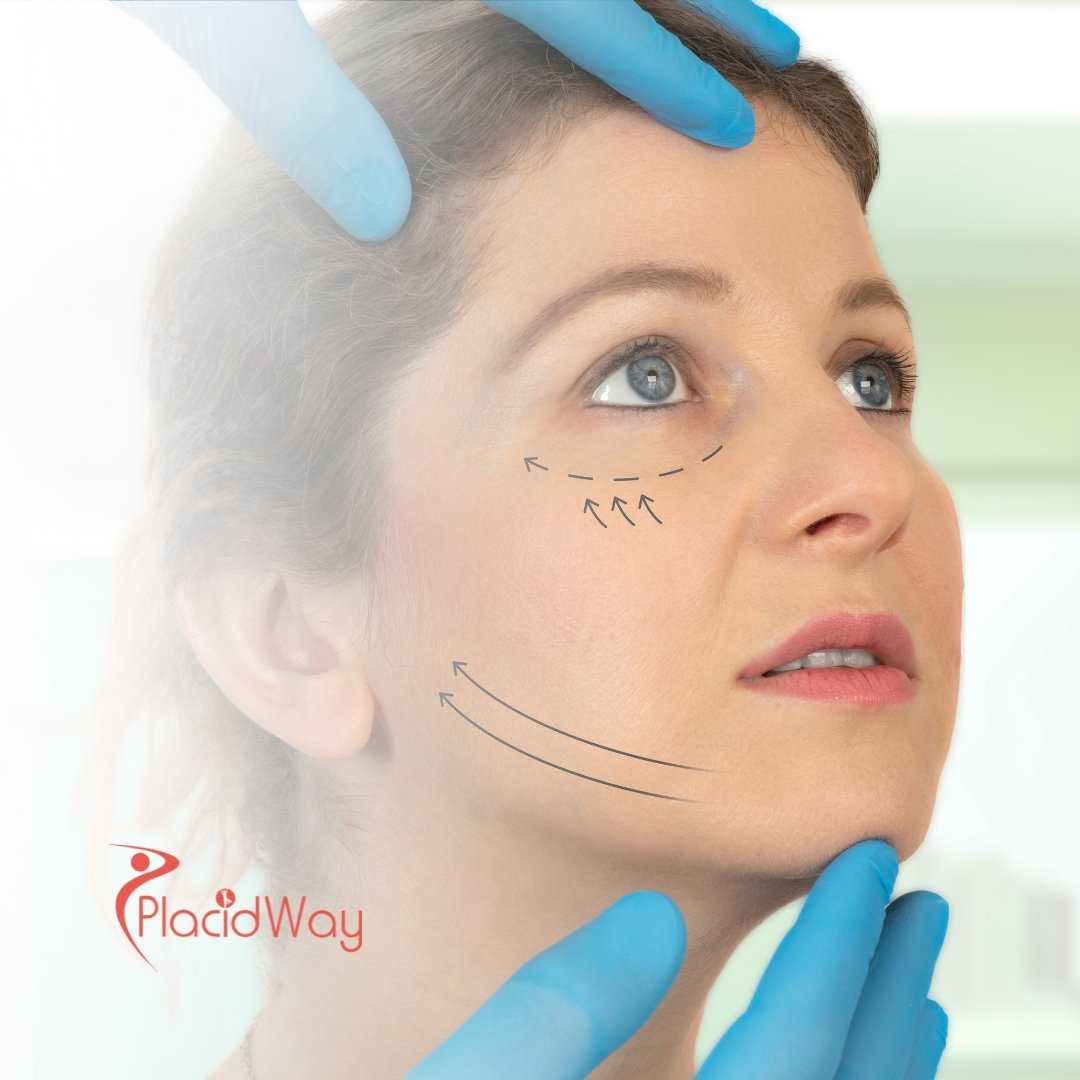


.jpg)

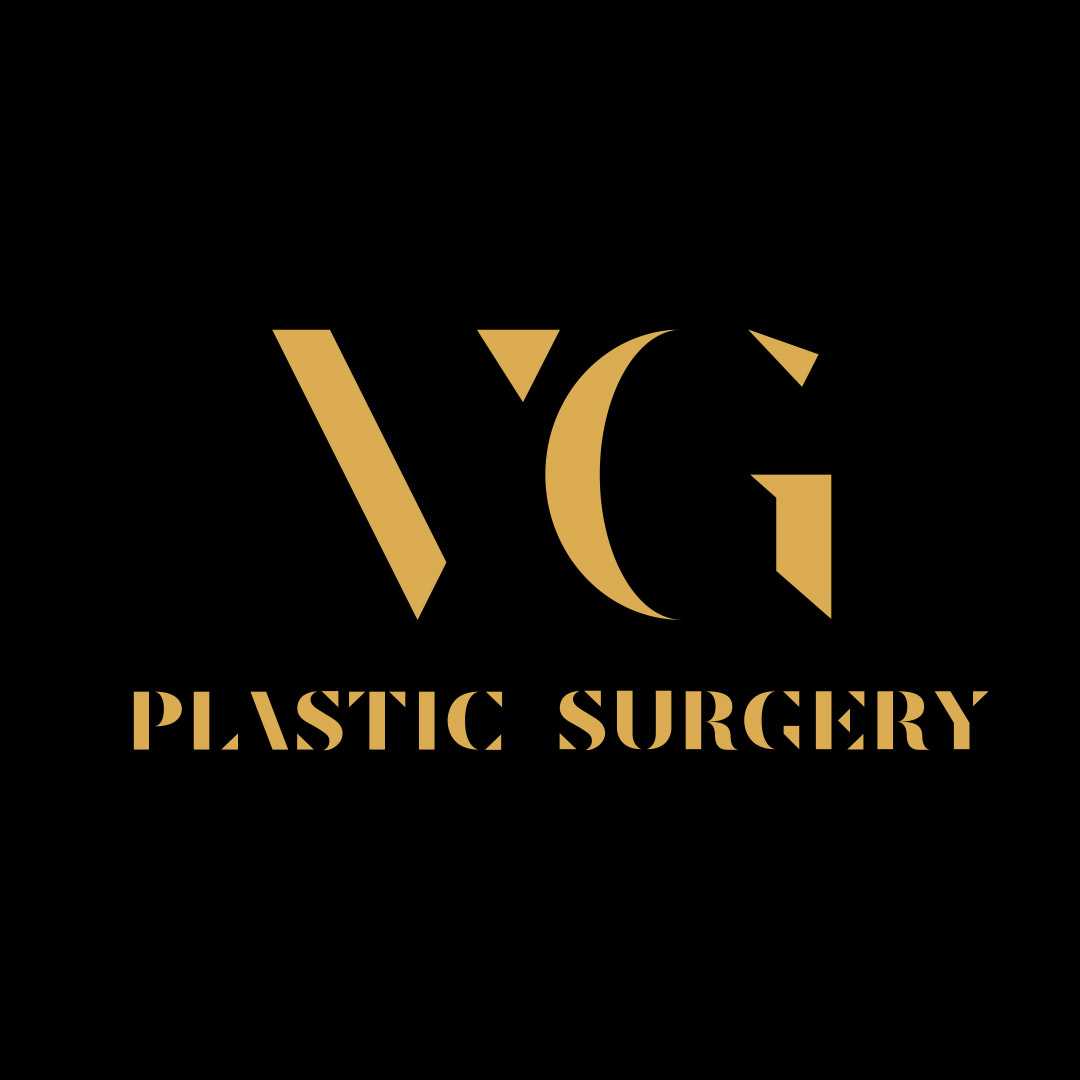

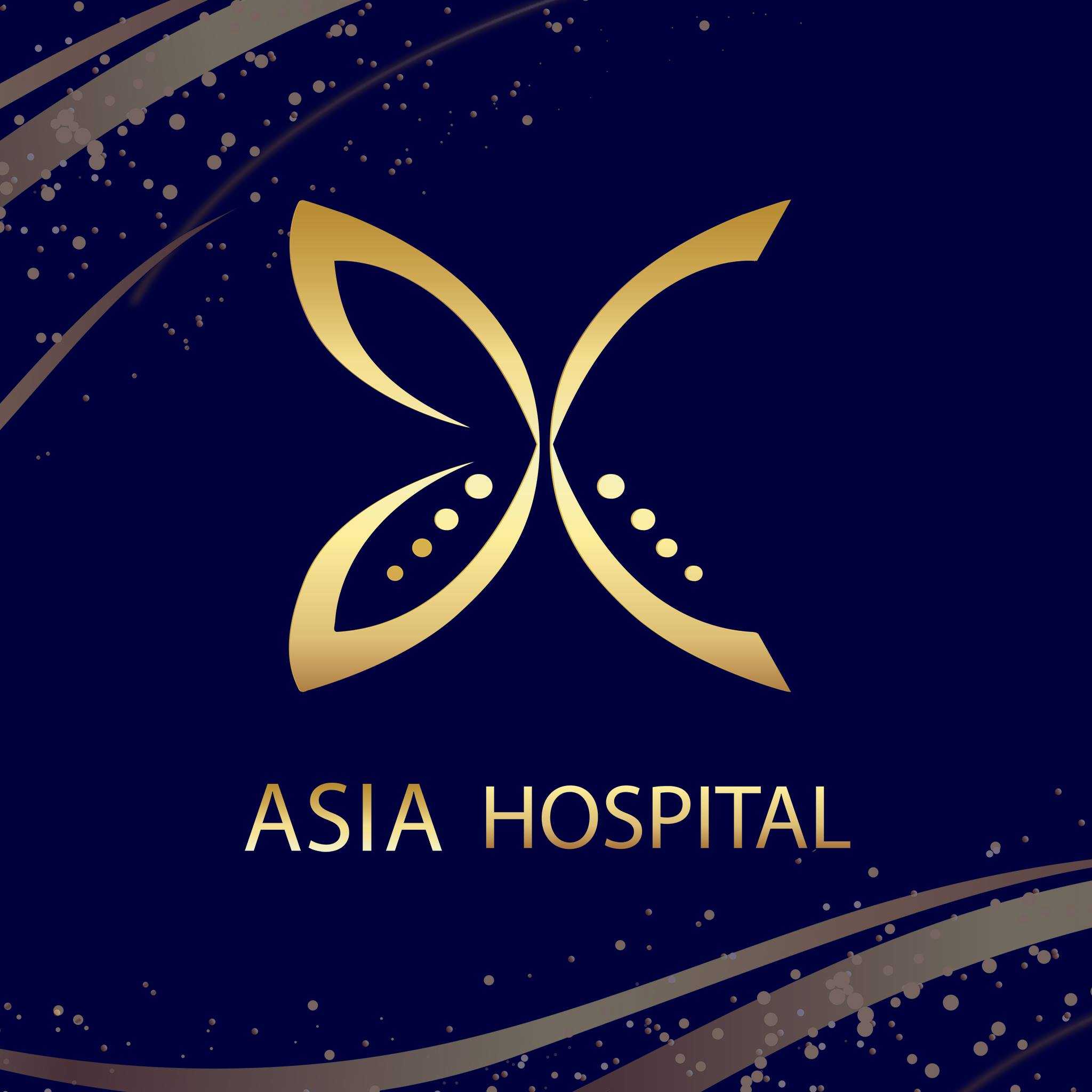


Share this listing